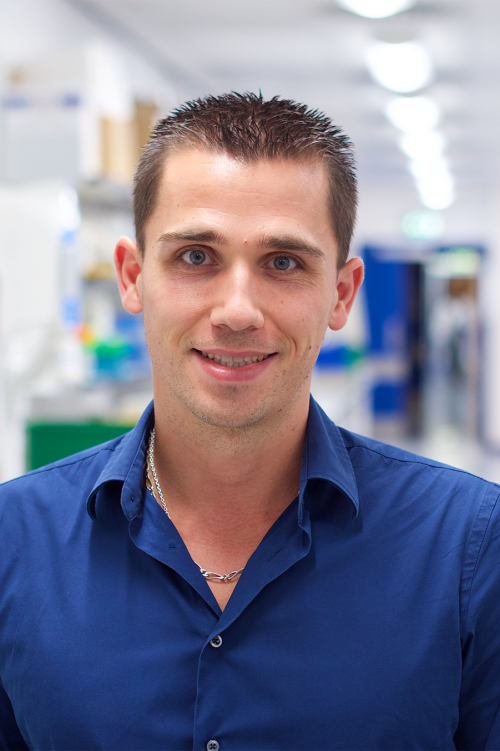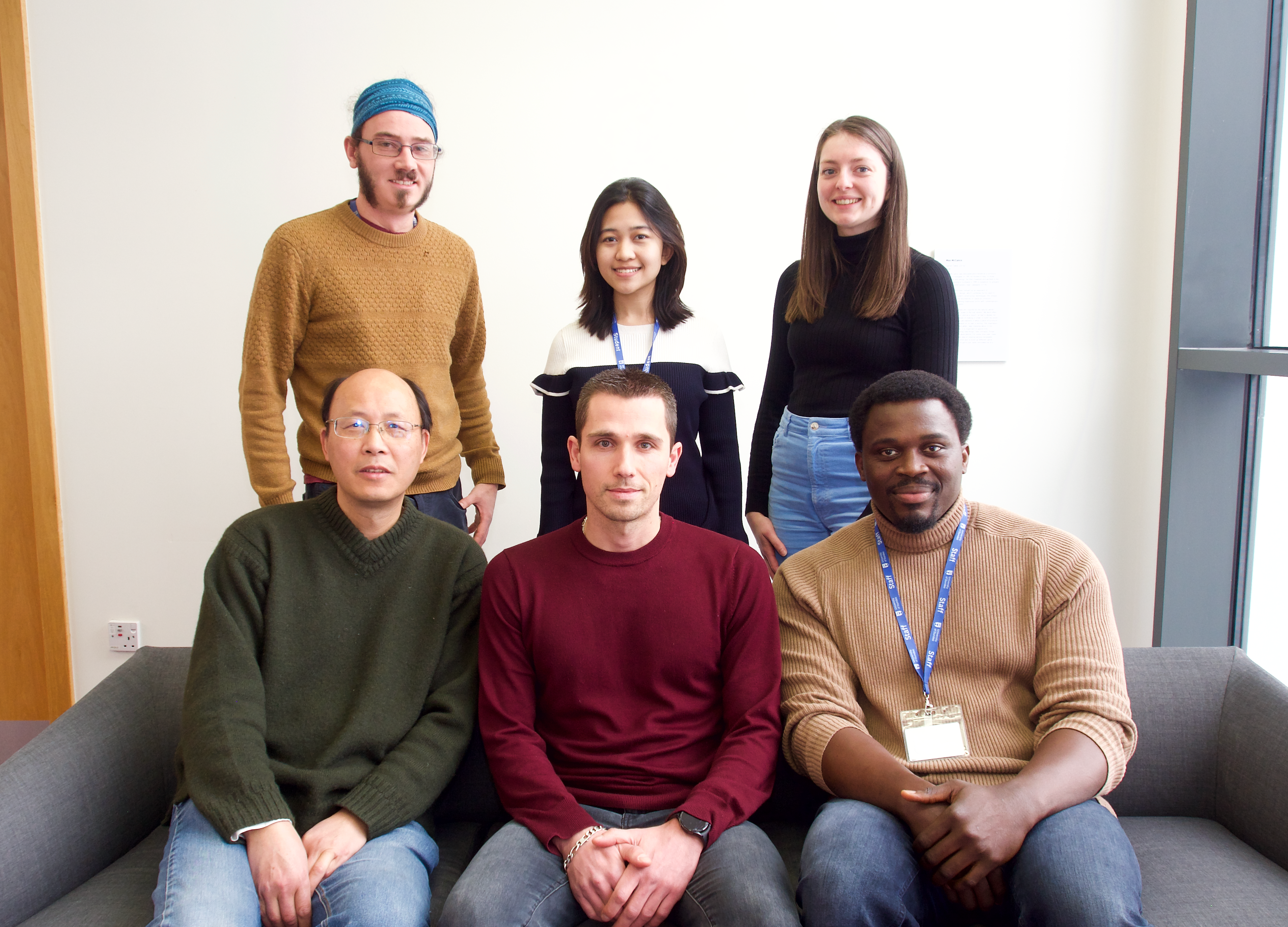Accumulation of unfolded, misfolded, or damaged proteins is deleterious to cells. To avoid such potentially harmful conditions, cells have evolved efficient protein quality control systems which act in a concerted manner to maintain proteostasis. Among them, the ubiquitin-proteasome system (UPS) is one of the major systems in charge of the degradation of short-lived, damaged and misfolded proteins, which makes it a pivotal player in the regulation of various cellular functions. Increasing evidence reveals that alterations and mutations in components of the UPS, are an underlying cause of various age-related diseases, most prominently cancers and neurodegenerative disorders.
The goal of our lab is to unravel the crosstalk between protein phosphorylation and proteasomal degradation, especially how phosphorylation regulates protein degradation to meet the cell’s requirements. We are also aiming at developing new tools to decipher how the proteasome is regulated in cells as well as to identify new drugs and regulators modulating its function. Both yeast and mammalian systems are used to tackle these questions.
We have recently identified an evolutionarily conserved pathway controlling proteasome homeostasis, with TORC1 inhibition inducing the levels of 19S regulatory particle assembly chaperones (RACs) and the assembly of the 26S proteasome under stressful conditions. Downstream of TORC1 inhibition, the kinase Mpk1 orchestrates the inductions of RACs and proteasome assembly. This work illustrates that proteasomal degradation is regulated under stressful conditions, an essential adaptive mechanism for cells to survive. Thus, understanding how cells adapt protein degradation to the needs might help to identify new therapeutic targets to rescue proteostasis defects in diseases.



